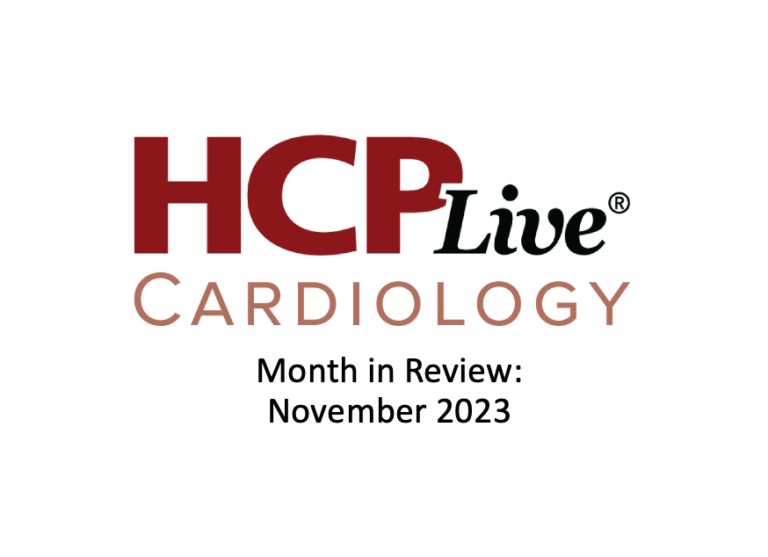The cardiology community was the target of an avalanche of clinically impactful information during the month of November. So much so that this month will likely go down as historic, not only for the field of cardiology, but also for the medical community and public health as a whole.
Although news of the SELECT trial made headlines earlier this month, along with other news from the 2023 AHA Scientific Sessions, the field also saw the FDA usher in a new era of drug management. hypertension, and learned that a decades-long practice might provide no significant benefit. , welcomed the new guidelines on atrial fibrillation and were informed that Bayer would discontinue a trial of its factor XI inhibitor, asundexian, due to a lack of efficacy.
Bayer Stops Asundexian AFib Trial, OCEANIC-AF, Due to Lower Efficacy
On November 19, 2023, Bayer announced that the independent data monitoring committee of the OCEANIC-AF trial recommended stopping the trial due to the inferior effectiveness of asundexian compared to apixaban in patients with atrial fibrillation at risk of stroke. The move comes less than a month after Bayer announced it would expand its Phase III OCEANIC program to include a third clinical study, OCEANIC-AFINA. Bayer also noted that the independent data monitoring committee recommended the OCEANIC-STROKE trial continue as planned.
ACC/AHA Releases Updated Atrial Fibrillation Guidelines for 2023
On November 30, 2023, the American College of Cardiology and the American Heart Association released new guidelines for the prevention and management of atrial fibrillation. Although a focused update was released in 2019, the new guidelines represent the first major update to guidelines published on the topic by the ACC and AHA since 2014. The 171-page guideline, which is approved by both the American College of Clinical Pharmacy and the Heart Rhythm Society, is divided into 11 chapters and based on extensive literature research conducted from May 12, 2022 to November 3, 2022.
Highlights of the guidance include a new staging classification for atrial fibrillation, a Class 1 recommendation for early rhythm control, a Class 1 recommendation for catheter ablation in certain patients, and a Class 2a recommendation for left atrial appendage occlusion devices.
Trial questions role of thyroid hormone administration in brain-dead donor hearts
A trial in the New England Journal of Medicine Randomization of brain-dead donor hearts to administration of levothyroxine or saline has yielded results that challenge conventional wisdom on the subject, with data indicating that administration of thyroid hormones may not provide no significant benefit.
A joint effort coordinated by 15 organ procurement organizations in the United States, results of the trial, which included 838 brain-dead donors, concluded that intravenous infusion of levothyroxine did not result in transplantation significantly more hearts, with investigators suggesting this approach could even place recipients. at greater risk of severe hypertension and tachycardia.
FDA clears OK renal denervation devices
During the month of November, the FDA granted two approvals to renal denervation systems for the management of hypertension. The first was awarded to ReCor Medical for its Paradise Ultrasound renal denervation system on November 7, 2023. The second was awarded to Medtronic for its Symplicity Spyral renal denervation system on November 23, 2023. Both devices were subject to meetings in August 2023 convened by the FDA’s Circulatory System Devices Panel.
Related: FDA Approves Recor Medical’s Paradise Ultrasound Renal Denervation System
Related: FDA Approves Medtronic Symplicity Spyral Renal Denervation System
American Heart Association Scientific Sessions 2023
The final annual meeting between cardiology’s leading organizations, the AHA Scientific Sessions serves as a showcase for groundbreaking advances in the field. This year’s meeting was no different, with the launch of the historic SELECT trial in the first last-minute session. In addition to the SELECT trial, which provided new insight into the 20% relative risk reduction in 3-point MACE observed in the trial, the HCPLive Cardiology editorial team highlights our top cardiology news , which captures the perspectives of 13 key subjects. thought leaders on the news that has defined the field over the last year.
